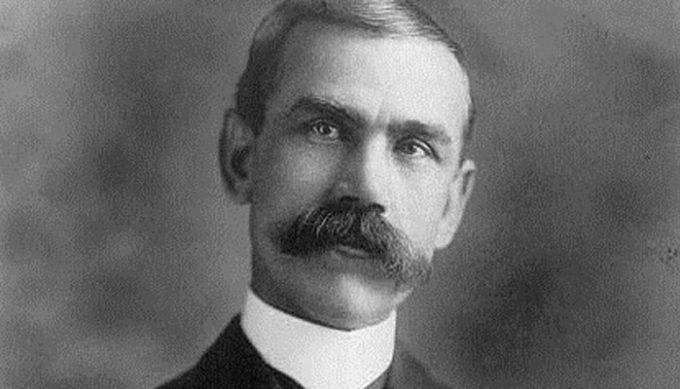EC ready to talk with US on tariffs – but a deal 'must be mutually beneficial'
The European Commission (EC) is “ready to find mutually beneficial solutions” with the US amid ...

Here’s an interesting lesson from history on what might happen when Donald Trump assumers power next month. Reed Smoot was a xenophobic Mormon from Utah who believed that the recession in 1930s America was the result of overproduction of goods and a surfeit of imports affecting the competitiveness of the country’s domestic companies. Sound familiar? His answer was to hike import tariffs and customs duties to artificially protect US products through the introduction of the Smoot-Hawley Act in 1930. “The results were almost ...
Keep our news independent, by supporting The Loadstar
Rapid transpacific capacity build-up continues – can USWC ports handle it?
Red Sea crisis has driven most new capacity into extended Asia-Europe trades
Crew forced to abandon ship in latest fire on vessel carrying EVs
Carriers on the hunt for open tonnage again as transpacific rates soar
The Loadstar Podcast | Transport Logistic and Air Cargo Europe 2025
'Now or never' for Kuehne and DHL GF to hit back at DSV
Uncertainty drives Yang Ming fleet boost as focus switches to Asia-Europe trades
Carrier price hikes hold, driving spot rates higher as space gets scarcer
Asia-West Africa ULCV deployment opens new markets for carriers
Project cargo: oversized and heavy, posing risks outside the norm for ports
CMA CGM eyeing multi-billion euro investment programme in Algeria
News in Brief Podcast | Week 22 | Trump’s tariff hurdle, ocean schedule reliability, and rate rise
Air cargo players still wary of long-term block space deals – 'a risk on both sides'
Turkish Airlines falls foul of air safety regulations, claims India's aviation authority
Geely splashes out to meet growing demand by chartering its own car-carrier

Comment on this article